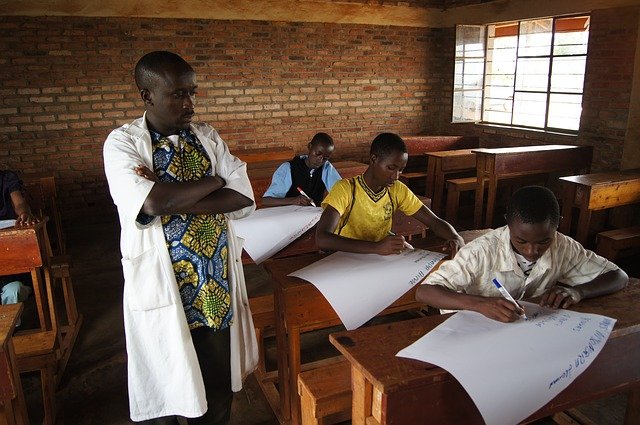
A state school is one whose financing is borne by the State.
State is an adjective that is applied to refer to that linked to the State , understanding this concept as the structure formed by all the institutions in charge of guiding the functioning of a community within a certain territory.
The rulers are those who direct the State entities according to their ideological principles. In a democratic society, those who come to government are elected by the vote of citizens in free elections .
What is state
The state, in short, is everything that is under the control of the State . In this way, it is possible to talk about various institutions or state dimensions. One of them is state education , which is provided in public schools and universities and is usually free of charge.
State schools , in this way, are financed by the State. The case of private schools is different, which operate as companies (they seek to make profits) and charge for their educational services.
Various uses of the concept
A state hospital , for its part, is a health center financed with public money and managed by the State authorities. These hospitals , like schools of the same kind, are free and serve the entire population, without discrimination. There are, however, private clinics and sanatoriums that charge for care.
It is evident that the adjective state can appear in the most diverse contexts, although always with the same meaning. For example: "The company improved its profitability thanks to state management" , "The president announced the construction of a state aircraft factory" , "The state media is usually too condescending to the government in power" .

A state hospital is maintained with public money and is managed by the authorities of the government of the day.
State interventionism
State interventionism is called the participation of the State in the economic activity of a private organization or a public administration, which significantly reduces the autonomy of the latter with one or more well-defined objectives , such as:
* promote or try to stop certain activities, according to the effects they cause in society;
* act against a monopoly case to recover free competition in a certain sector;
* convert social security and the tax system into instruments for income distribution;
* stop situations of abuse by private economic power and support a certain economic plan for the country;
* take advantage of certain public goods that a market mechanism cannot adequately control;
* propose and execute strategies to exploit natural resources in a sustainable manner, respecting the environment and reducing pollution levels to a minimum;
* heal the wounds that can be left by market failures (insufficient or disproportionate supply of goods or services; this causes a market to be unable to function efficiently).
When state intervention reaches its limits, it is possible that all instruments of production (factories, mining, agriculture and services, among others) become in the hands of the State. On the other hand, interventionism can be moderate or mild, if it is aimed at regulating the economic process and using exchange, monetary, tax and credit instruments so that the productive activities it wishes to promote have more resources, or to discourage those that cause a negative effect on society, directly or indirectly.
Different degrees of State participation
The degree of state responsibility varies according to the doctrine that is applied: at one extreme is the absence of State participation in the economy; In the middle there are the mixed economy and democratic socialism ; Finally, Marxism proposes that the State manage the economic life of the country.
It is worth mentioning that the term interventionism , when isolated, has a different connotation: it refers to the undue participation of one State in the internal problems of another , and this is related to the concept of imperialism , although in extreme cases.
